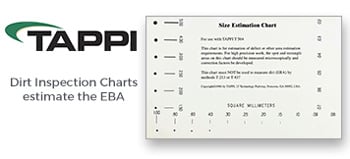Advances in Waterborne PSAs Through Experimental Design, 1990 Polymers, Laminations & Coatings Conference Proceedings
Computer-aided experimental design techniques are being increasingly used to optimize pressure sensitive adhesive formulations. These methods are useful both in assessing the value of new raw materials and processes and for re-examination of systems based on established monomers and other ingredients.
Waterborne acrylic PSAs continue to have deficiencies despite almost twenty years of development. Two of the most restrictive in limiting wider use are excessive moisture sensitivity, and lack of fast wet-out combined with high cohesive strength. The moisture problem is most evident in label, decal and medical applications. Poor wet-out/cohesion balance affects industrial mounting, assembly and tape uses.
Two new adhesives have been developed which correct these limitations. Both are based on widely used, proven monomers.
Statistically derived experimental designs were used in the development. These allowed more sophisticated analysis of data, identifying optimum compositions which were overlooked in earlier ladder type experiments.





